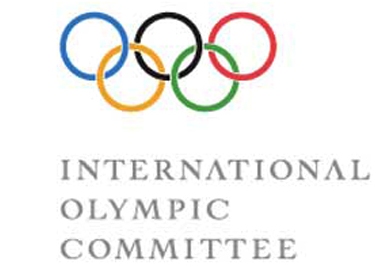 Olympic leaders on Monday called Hamburg’s referendum rejection of a bid for the 2024 Games a “lost” opportunity for the city, but fear of terrorism and bankruptcy along with sporting scandal all played a role.
Olympic leaders on Monday called Hamburg’s referendum rejection of a bid for the 2024 Games a “lost” opportunity for the city, but fear of terrorism and bankruptcy along with sporting scandal all played a role.
A referendum in the German city on Sunday voted by 51.6% against a bid for the 2024 Games. It made Hamburg the latest in a growing line of European cities to shun an Olympic campaign for financial and political reasons.
The surprise vote left Budapest, Los Angeles, Paris and Rome as the remaining candidates for the race to be decided in mid-2017 at an International Olympic Committee meeting in Lima.
German organisers blamed the Paris terror attacks and worries about the cost for the rejection. Polls in September had shown a large majority in favour.
“Having followed the discussions in Germany over the last weeks, this result does not come as a complete surprise,” said an IOC spokesman.
The vote came only 16 days after the Paris attacks and the country is embroiled in a debate on the cost of the mass arrival of migrants from the Middle East and Africa. Germany has also been dragged into the FIFA corruption scandal — with allegations that it bought the 2006 World Cup finals.
But the IOC spokesman added: “With this decision a great opportunity for the city, the country and sport in Germany is lost.
“It is understandable that the citizens of Hamburg are very sensitive with regard to the not-yet-finalised financing plan of the candidature. Even more so in a situation in which Germany has to manage a historic challenge with a high number of refugees coming into the country.”
– Withdrawals mounting –
It is the second time in two years that a German city has voted against an Olympic bid however. In 2013, Munich, the last German city to host the Games in 1972, rejected a bid for the 2022 Winter Games.
More worryingly for the IOC, the Norwegian capital, Oslo, and Sweden’s Stockholm withdrew from the 2022 race because of the lack of political support amid cost worries. The Polish city of Krakow pulled out after a referendum defeat.
The Ukrainian city of Lviv backed out because of the country’s conflict with Russian-backed rebels.
And before Hamburg, the US city of Boston also got cold feet amid political wrangling over the cost.
“I do not think the ‘no’ vote from Hamburg was a failure for the IOC, but I do think it reflects the current concerns the general public has about the risks involved in hosting mega events,” said Patrick Nally, a top sports marketing specialist.
The IOC has already reformed its bidding rules to make them cheaper and less bureaucratic. But Nally said more needs to be done.
“I fear that if Paris and Rome were pushed to do referendums, it is highly likely similar results (to Hamburg) would be found.
“Currently Europe is not feeling very optimistic and this will, I think, create a negative result to any Olympic referendum currently in the European area.”
European and global sports leaders may be nervous but they insist the Olympics are still an attractive proposition.
The IOC spokesman said Hamburg would miss about $1.7 billion (1.6 billion euros) in IOC investment while the city had estimated it would need 1.2 billion euros.
“Now there will be a strong competition (for 2024) with four excellent candidate cities, Budapest, Los Angeles, Paris and Rome for the Olympic Games 2024,” he said.
For Cornel Marculescu, executive director of the International Swimming Federation (FINA), Hamburg’s population did not understand the benefits of organising an Olympic Games even if costs are involved.
“Just look at London (2012), Barcelona (1992) or Beijing (2008) to the see the enormous legacy left by the Games, especially the infrastructures,” Marculescu told AFP. – Agence France-Presse































